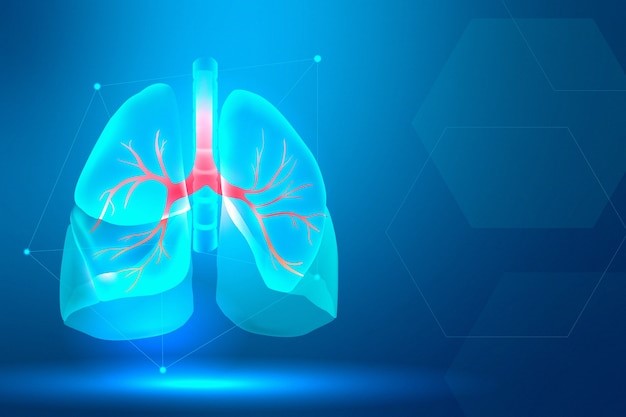
Every year on March 24, World Tuberculosis Day is held. On this day, March 24, 1882, German microbiologist Robert Koch announced the discovery of the causative agent of this dangerous disease, Mycobacterium tuberculosis, which allowed to make significant progress in diagnosing and treating the disease.
In Kazakhstan, the incidence rate of tuberculosis has decreased 2.3-fold over the past 10 years. If in 2011 over 81 cases per 100 thousand people were diagnosed, in 2021 already 35.9 cases were registered. Despite the decrease in the incidence of tuberculosis, it remains a serious global health problem.
Tuberculosis (from Latin Tuberculum – a lump) is a worldwide infectious disease of humans and animals caused by different types of mycobacteria, usually Mycobacterium tuberculosis (also known as Koch's bacillus).
Resistance of Mycobacterium tuberculosis in the environment:
- At 23 degrees C in a humid and dark place, it persists for up to 7 years;
- In a dark and dry place (when the patient's sputum dries out or in dust) Mycobacterium tuberculosis bacilli persists for up to 10-12 months;
- in street dust (i.e. in a dry and light place) for up to 2 months;
- on the pages of books, up to 3 months;
- in water - up to 5 months;
- in soil - up to 6 months;
- in raw milk - up to 2 weeks, in butter and cheese - up to 1 year.
Ultraviolet rays have a devastating effect on Mycobacterium tuberculosis, so direct sunlight, as well as boiling kills them within 3-5 minutes.
Factors that contribute to the development of tuberculosis:
- Constant contact with a sick person
- Unfavorable social and living conditions (frequent stay in stuffy, dusty, unventilated rooms)
- Prolonged smoking
- Overwork, malnutrition, stress.
- Chronic diseases (lung disease, diabetes, gastric and duodenal ulcers, alcohol and drug addiction).
- Immunodeficiency conditions, including HIV and AIDS.
Source of infection:
- A person with an active form of tuberculosis
- A sick animal.
Pathways of infection:
- Airborne (by coughing, sneezing, talking to a sick person, with dust containing mycobacteria).
- Contact-household (through damaged skin and mucous membranes)
- Alimentary (through food from sick livestock) - extremely rare.
Main signs:
- Rapid fatigue and appearance of general weakness.
- Decreased or absent appetite, weight loss.
- Increased sweating, especially in the morning and mostly in the upper torso.
- Shortness of breath with minor physical exertion.
- Slight, insensible rise in body temperature to 37.2-37.8⁰C.
- Prolonged, untreated cough or cough with sputum (possibly blood).
Prevention:
- BCG vaccination at birth/revaccination at the age of 7 and 14 and chemical prophylaxis.
- Annual check-up and early detection (having X-ray at least once a year)
- Healthy lifestyle (healthy diet, avoiding bad habits, exercise, sports, cold water treatment).
- Observance of the rules of personal and public hygiene.



